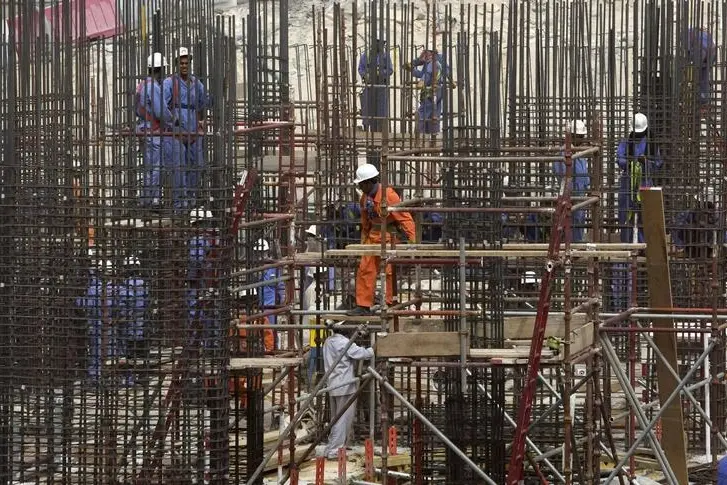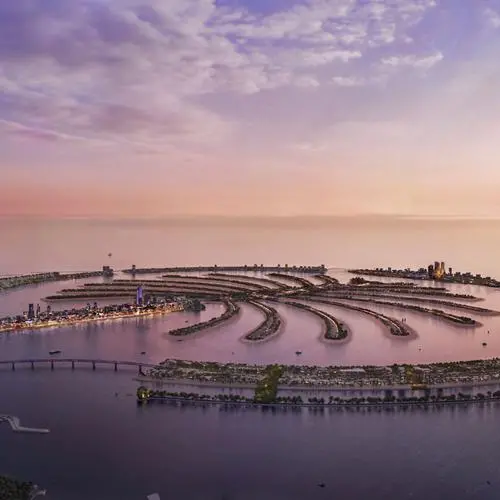PHOTO
An annual survey of Chief Executives from the GCC construction industry conducted by Deloitte has found the respondents to be largely positive about the industry’s prospects in 2022.
The survey found 61 percent of the respondents optimistic about future prospects. About 70 percent said they have had their projects either terminated or put on hold over the last 12 months but expect revenue to increase next year due to growth in the project pipeline and re-mobilisation of on-hold projects. Over 30 percent are expecting to hire in the next 12 months.
Eighty three percent said tender pricing had become more competitive over the last 12 months, but they continued to adopt pre-pandemic pricing model.
As many contractors have used the downturn as an opportunity to reflect on their delivery models, operations, staffing and asset requirements, a staggering 78 percent are more optimistic about their future due to internal transformations made during the pandemic. Also, 43 percent expect internal restructuring to yield results through increased operating margins and cashflows.
Pressure on finance
On average, the cash conversion cycle reduced by 85 days and is back to 2019 levels, compared to one year in 2020, leaving contractors to fund for nine months of working capital, according to the survey.
“48 percent of respondents feel that their level of nervousness around bonds being called has increased compared to 12 months ago. With a 9-month cash conversion cycle, 24-month dispute resolution time and the requirement for increased guarantee margins, there remains a growing pressure on contractors to fund and manage project liquidity. About 70 percent of the respondents are experiencing greater pressure to fund projects compared to 12 months ago”, the survey found.
With the implementation of the different pillars of Basel, and banking regulations and the risk appetite of traditional banks transforming, almost 40 percent of the respondents said they are finding it hard to obtain finance though requirement has doubled since 2019.
Contractual disputes
More than half of the surveyed said contractual disputes have increased in last 18 months. Over 70 percent of the respondents continue to be involved in contractual disputes as the case has been over the last five years. Also, 50 percent of the respondents estimated claims to be between 2-5 percent of their revenue.
Given the uncertainty associated with the claims, more and more contractors continue to feel that they have no choice than enter dispute resolution proceedings to recover costs on variations and delays. About 75 percent of the respondents are not recognising revenue on these claims until the disputes are resolved as compared to 60 percent in 2020.
On the positive side, the average dispute resolution time appears to have reduced significantly; 35 months in 2019 to 24 months in 2021, which has been attributed to both parties’ collective approach to reach a resolution.
(Writing by Sowmya Sundar; Editing by Anoop Menon)
Disclaimer: This article is provided for informational purposes only. The content does not provide tax, legal or investment advice or opinion regarding the suitability, value or profitability of any particular security, portfolio or investment strategy. Read our full disclaimer policy here.
© ZAWYA 2021




















